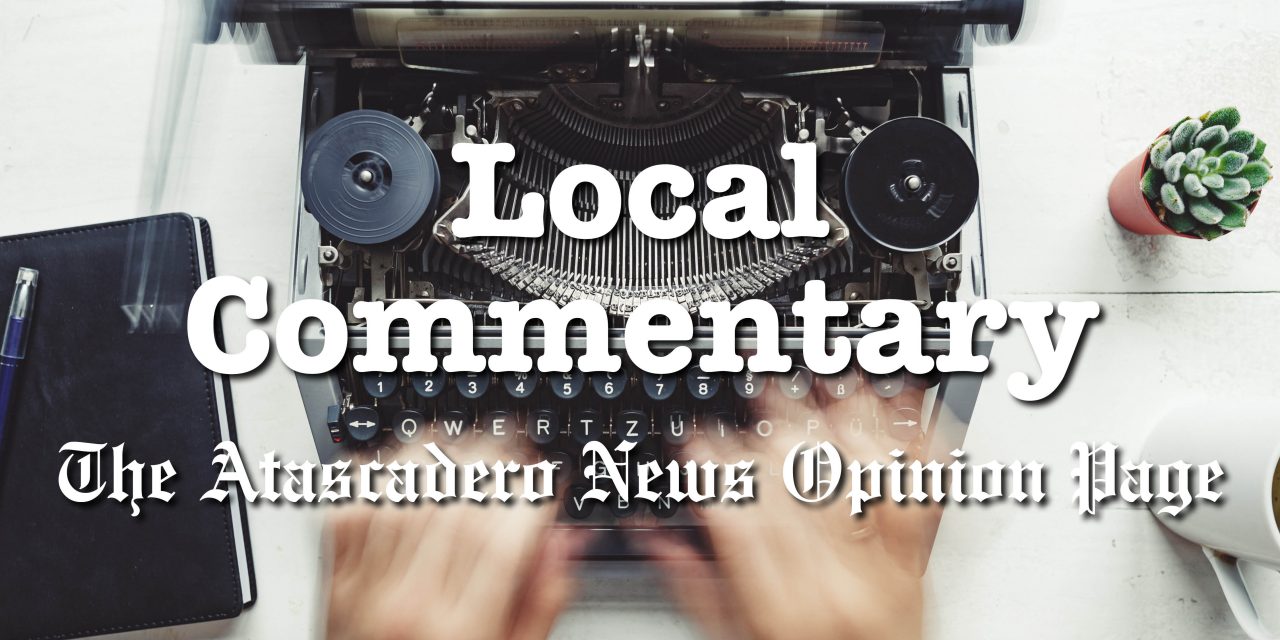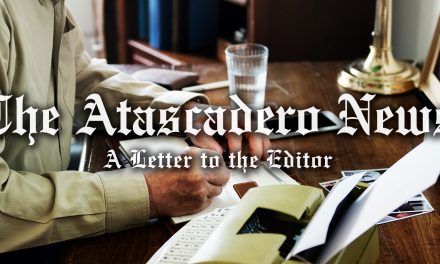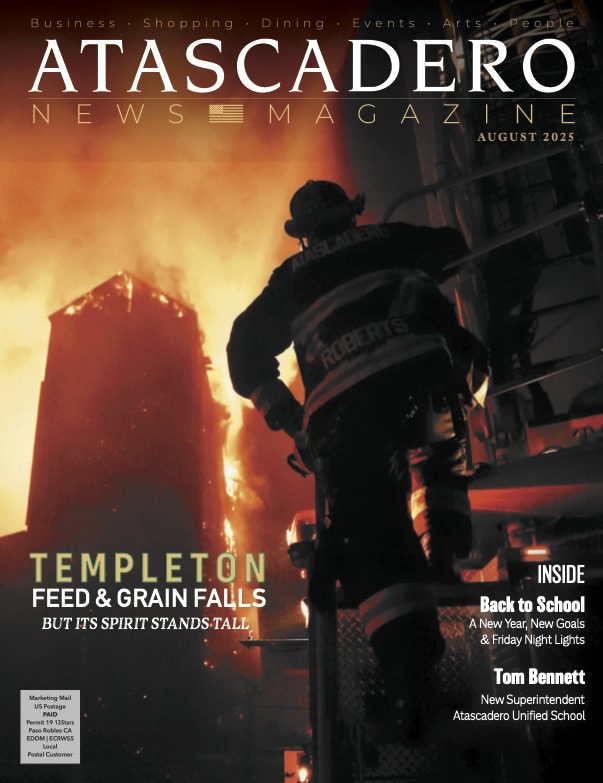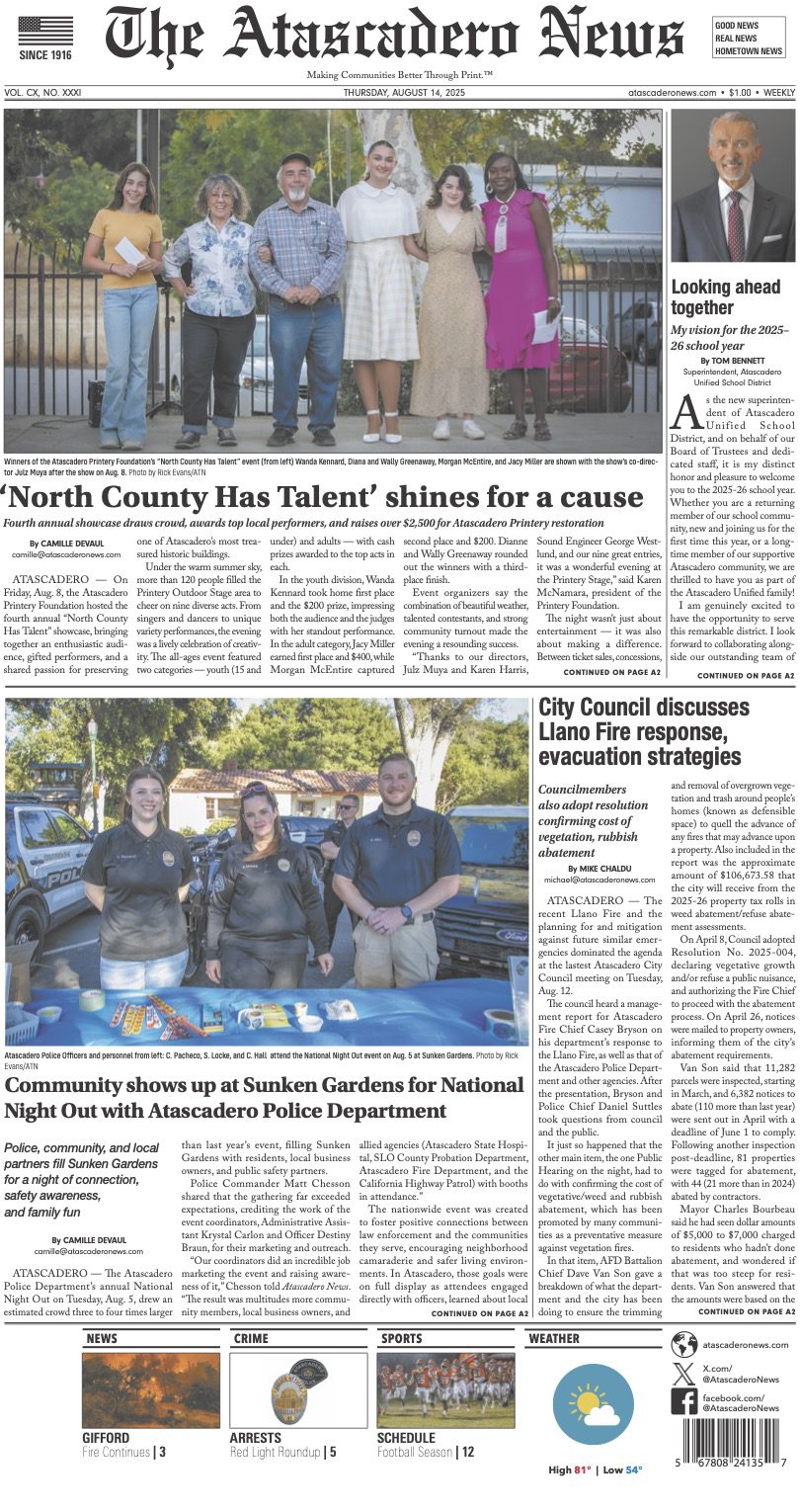California’s almost exclusively Democratic state legislators got a good look last summer at just how precarious their positions now are, and they didn’t like it.
The result almost certainly will be quick changes in state laws covering recall elections. You can bet Gov. Gavin Newsom would sign off on such bills with alacrity if he got the chance. But he won’t because recalls are written into the California constitution, and their structure can’t change without a popular vote during a general election, the next one coming up in autumn 2022.
There’s a strong possibility the Legislature will put two or three measures before the people next fall, just to make sure at least one passes.
For as threatened as Newsom felt last fall before beating back the recall then aimed at him, many lawmakers felt much the same. One state senator, Josh Newman of Fullerton, has actually been recalled, only to win back his seat later. Others know they could be.
That’s because recalls now require signatures from only 12 percent as many voters as cast ballots in the last statewide election. In Newsom’s case, it was about 1.3 million, achieved only because a judge gave recall proponents four months more than usual to gather names after they argued the COVID-19 pandemic posed unusual obstacles.
Legislators could be forgiven for believing recall backers in their own districts might gin up some unusual obstacle during almost any year and also get extra time.
No one claims recall elections are the epitome of democracy. For one thing, it only takes 12 percent of the voters being sufficiently disgruntled to force a vote in the midst of any elected official’s term. For another, the recall target can draw more votes than anyone on the ballot’s list of potential replacements, but still be voted out if there’s a simple majority on the question of whether there should, in fact, be a recall.
So among the changes under consideration for next year’s ballot is one that would separate by days or weeks the vote on a recall from balloting on a replacement. Another would eliminate the replacement list in gubernatorial recalls and give the governor’s job to the lieutenant governor if a governor is recalled, as Gray Davis was in 2003.
Other proposals include giving recall organizers less time to gather signatures or requiring up to twice as many signatures for a recall as today’s rules demand.
The Legislature’s few Republicans, of course, oppose all this. Never mind that they would surely turn around quickly if they ever again elect a governor from their party, which now has barely half as many registered adherents as Democrats do.
Some of those Republicans point out that only 11 of 179 recall attempts against state officials since the possibility began in 1911 have actually reached a vote. But two of those votes, both against sitting governors, came within the last 18 years.
“This is the last bastion of checks and balances we offer voters,” said GOP Assemblyman Kelly Seyarto, a former mayor of Murietta. Making the process harder, he claimed, “would have a chilling effect for voters.”
Added Orrin Heatlie, the main proponent of the Newsom recall, as he protested outside a legislative hearing, “The ability to recall is extremely difficult now, and to try and further complicate the process and make it more difficult for the people to exercise their rights works in (politicians’) favor.”
Those sentiments won’t stop the Democratic tide pushing for change. Not while most Democrats believe, as moderate Democratic state Sen. Steve Glazer of Orinda observed, that recalls can turn into “a backdoor for the losing side in an election to relitigate the results.”
He notes California is one of only 19 states allowing recalls at all, but demands among the fewest petition signatures. Compared to the 12 percent of previous votes needed to get a recall going here, it’s 40 percent in Kansas.
There’s little doubt about the undemocratic nature of recalls, but Seyarto is nevertheless correct when he says recalls are a last-gasp outlet for unhappy voters.
This doesn’t mean changing an election outcome should be as easy as it is now, but it also doesn’t mean the bar should be raised to impossible levels.
Thomas Elias is an independent opinion columnist for The Atascadero News and Paso Robles Press; you can email him at tdelias@aol.com.













